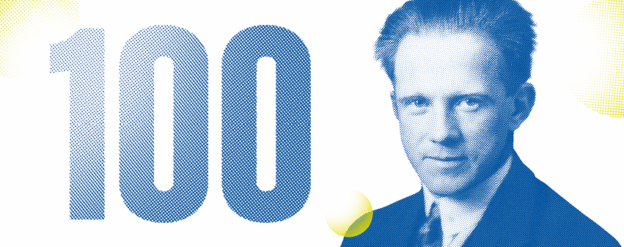I just returned from an inspiring conference in Göttingen, organised by the German Physical Society to celebrate 100 years of quantum physics.
It was in the summer of 1925 that Werner Heisenberg, seeking relief from his hay fever on the island of Helgoland, drafted the paper that changed physics forever. Back in Göttingen, together with Max Born and Pascual Jordan, he developed the first mathematical framework of the new theory — known as matrix mechanics — which marked the birth of modern quantum physics.
The conference was a chance to look back at that extraordinary moment in history, but also to see how far the field has come. We heard fascinating talks from Nobel Prize winners and leading scientists — Anton Zeilinger, Serge Haroche, Wojciech Zurek, Klaus von Klitzing, Beate Heinemann, Jürgen Renn and many others — who are pushing the frontiers of quantum physics today. A highlight was a round table I joined with Zeilinger, Zurek and Fröhlich, discussing what quantum physics has taught us — and what mysteries remain.
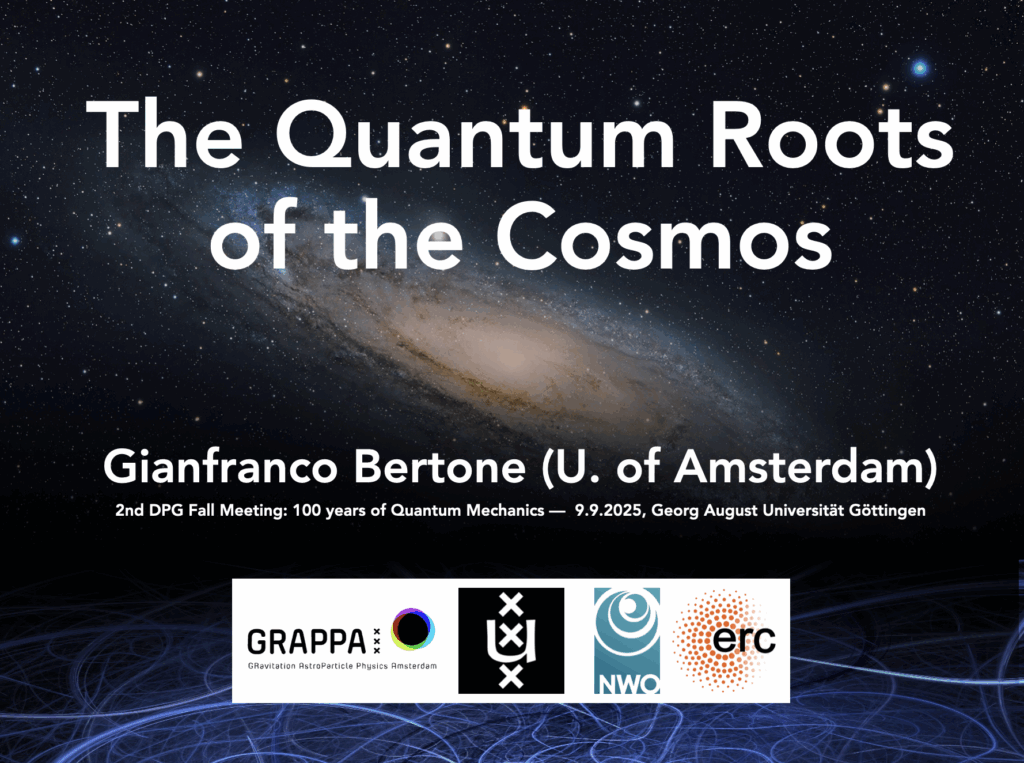
In my own talk, I spoke about the “quantum roots of the universe”. I began with astronomy as it stood in 1925, when Henrietta Leavitt’s work on Cepheid stars and Edwin Hubble’s discovery of the Andromeda galaxy were just emerging, at the very same time quantum mechanics was being born in Göttingen. From there, I turned to today’s puzzles: dark matter, dark energy, and the Big Bang, and I also showed how future gravitational-wave observatories may help us solve these mysteries. If you’re curious, here are my slides (link to pdf, 8Mb).
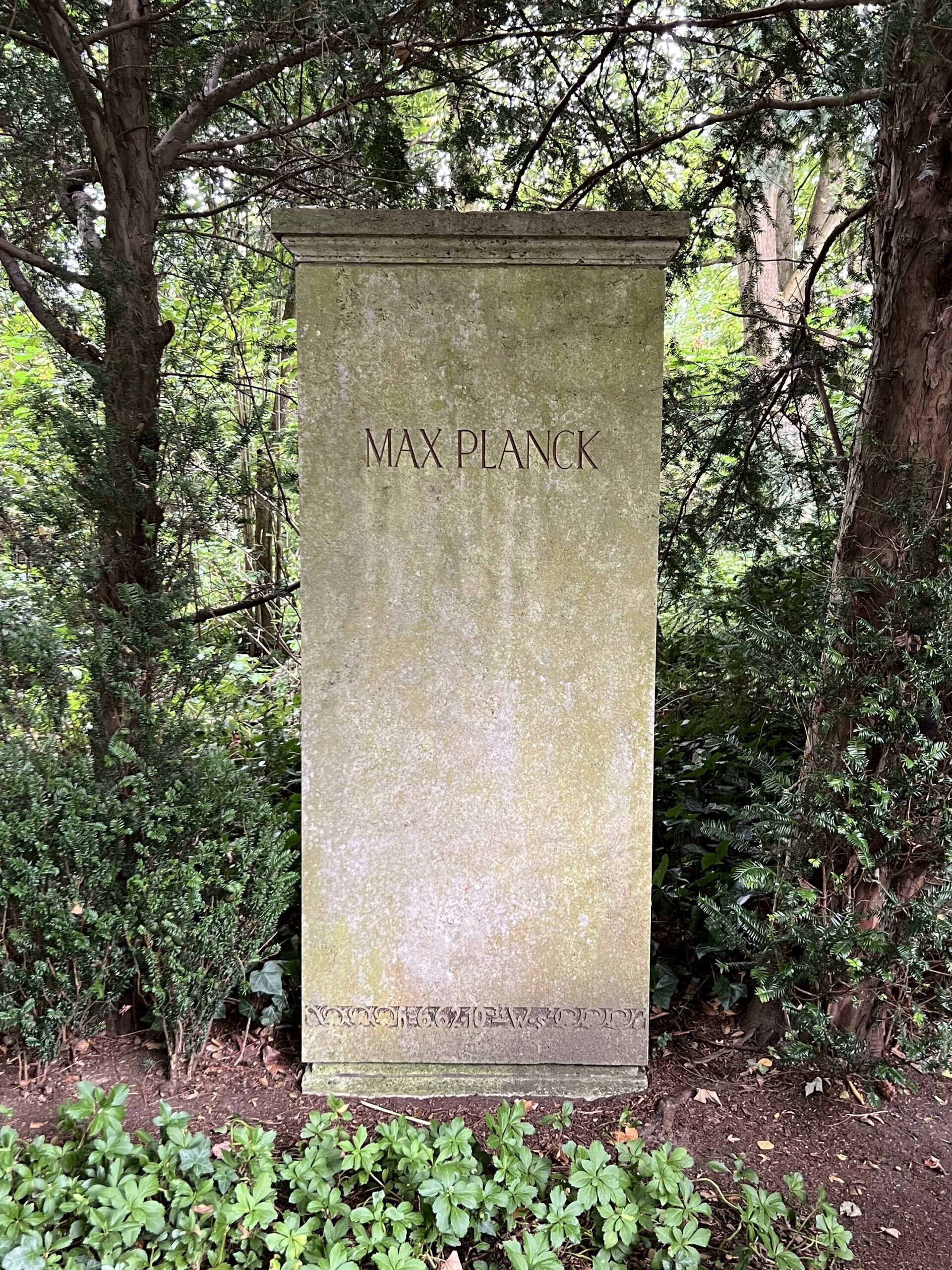
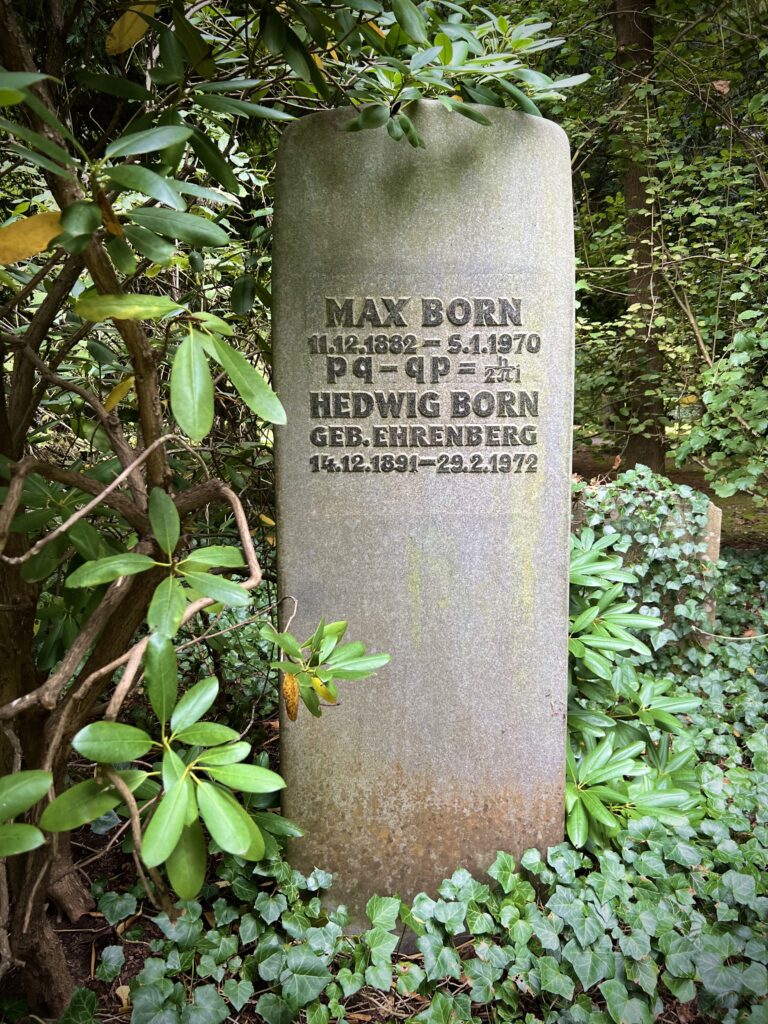
The meeting was also the occasion to pay respect to the many great scientists buried in Göttingen. The city’s cemetery is the resting place of nine Nobel laureates and other towering figures, including Max Planck, Max Born, Max von Laue, Karl Schwarzschild, David Hilbert, and many others who shaped the history of modern science.
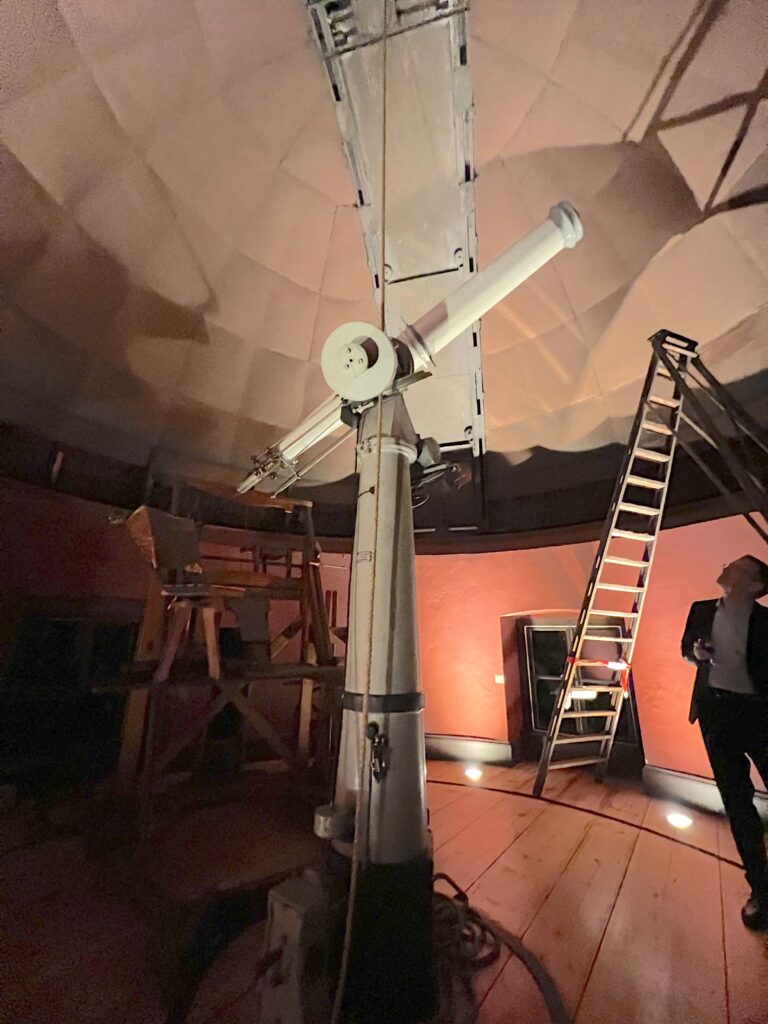
Another memorable moment was the conference dinner at the historical Gauss Observatory, allegedly built to lure Carl Friedrich Gauss to Göttingen as director. Gauss, later celebrated as the princeps mathematicorum — the prince of mathematicians — made it his scientific home. Dining in that setting was a special way to connect with Göttingen’s outstanding scientific heritage.
A huge thank you to the organisers — Stefan Kehrein, Thomas Weitz, Johanna Stachel and many others — for a wonderful and memorable meeting.
